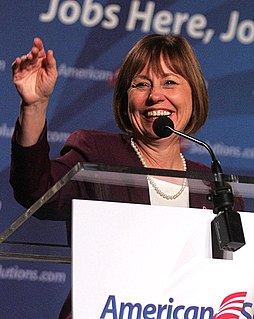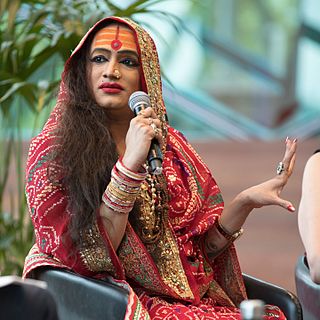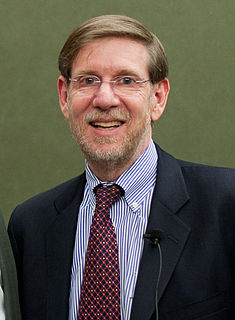A Quote by John Stossel
The people who tried government regulation have lives which are miserable.
Quote Topics
Related Quotes
It's clear that there has to be some play between the vitality of invention in economic life and some regulation of it, and in some ways the great ideological wars of the 20th century that cost so many lives had to do with whether to have managed economies directed by government or economies directed by the free movement of capital, which is only partially subject to government regulation.
I think (fantasy football) has become something that needs to be looked at in terms of regulation. Effectively, it's day trading without any regulation at all. When you have insider information, which has apparently been the case, when you have people who use that information, use big data to try and take advantage of it, there has to be some regulation. If they can't regulate themselves, then the NFL needs to look at moving away from them a little bit, and there should be some regulation.
Since 1981, when President Ronald Reagan took office promising to scale back the federal government, Republican leaders have promised to cut regulation and taxes, and to return power to individuals to arrange their lives as they see fit. But they have never entirely managed to eradicate the New Deal government.
The people who want to be segregated are part of a different generation, and they have lived their lives. They are the stakeholders and guardians of the culture. Historically, the British tried to erase them from their land, but they survived. They survived the non-acceptance of the government, so they have always been very secretive. They have created a barrier, which they don't want to lose.
The lesson that Americans today have forgotten or never learned - the lesson which our ancestors tried so hard to teach - is that the greatest threat to our lives, liberty, property, and security is not some foreign government, as our rulers so often tell us. The greatest threat to our freedom and well-being lies with our own government!.
In any socialist government, they must destroy all alliances other than your alliance to the government, and they want the government to become your God. That for you to totally depend upon government. So we become slaves to government, through taxation, through regulation, through all kinds of restrictions, that makes us not free anymore.
Ours was the first revolution in the history of mankind that truly reversed the course of government, and with three little words: 'We the people.' 'We the people' tell the government what to do, it doesn't tell us. 'We the people' are the driver, the government is the car. And we decide where it should go, and by what route, and how fast. Almost all the world's constitutions are documents in which governments tell the people what their privileges are. Our Constitution is a document in which 'We the people' tell the government what it is allowed to do. 'We the people' are free.

































